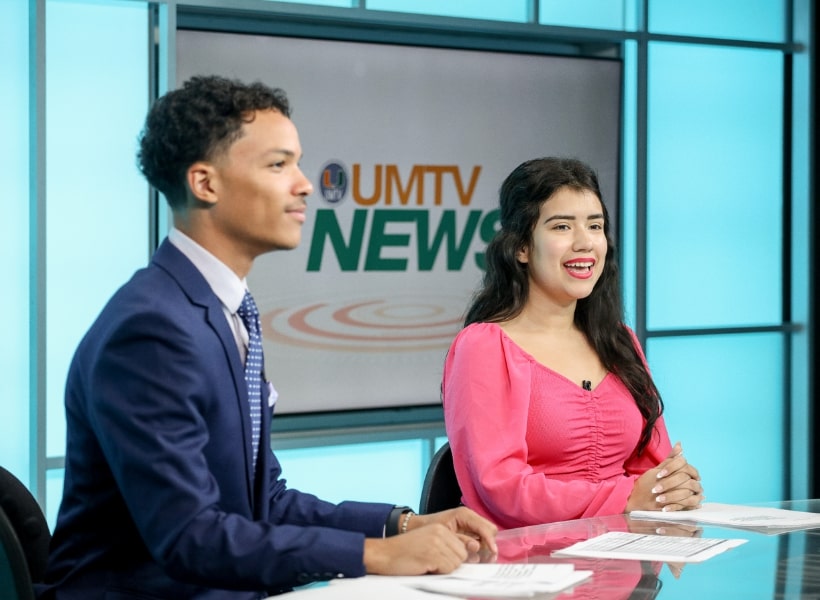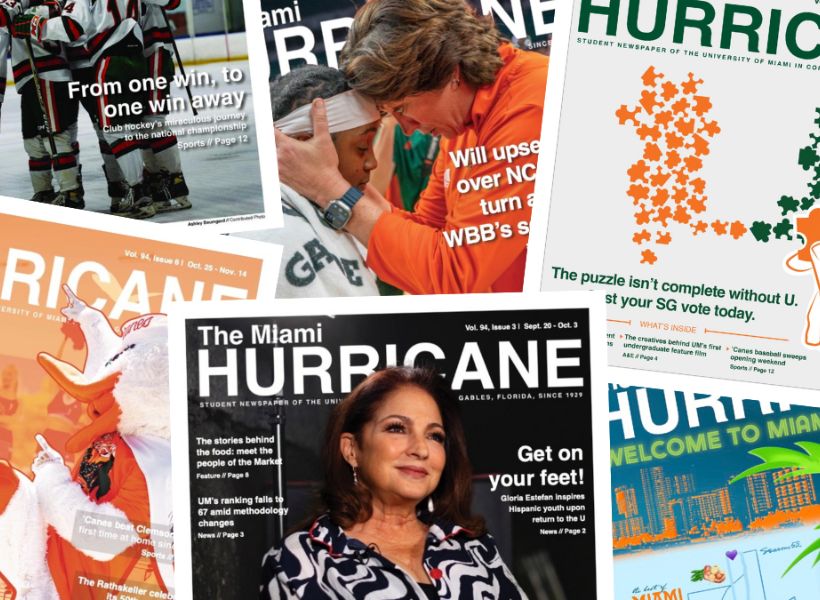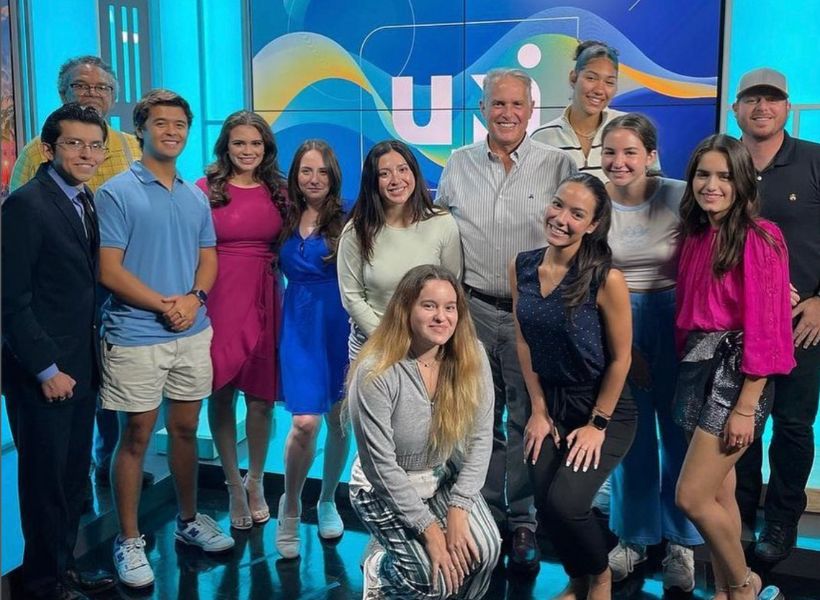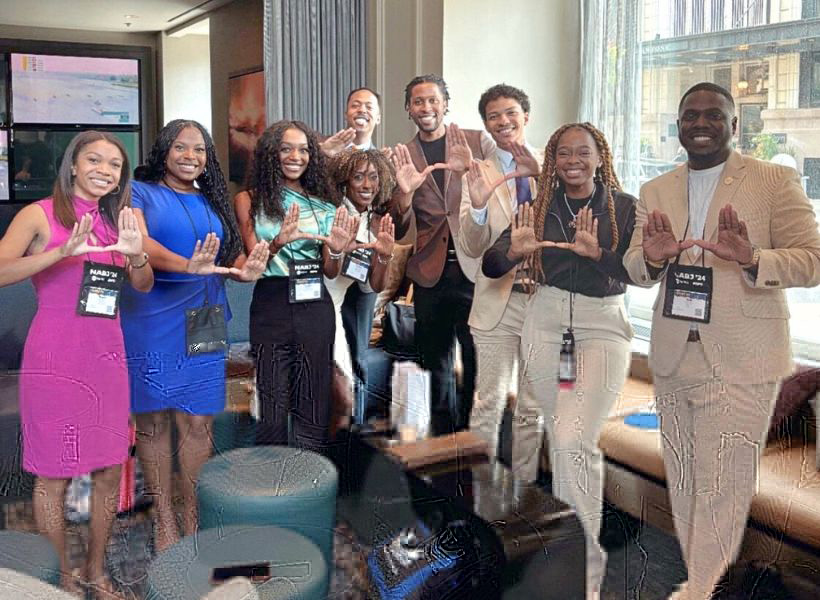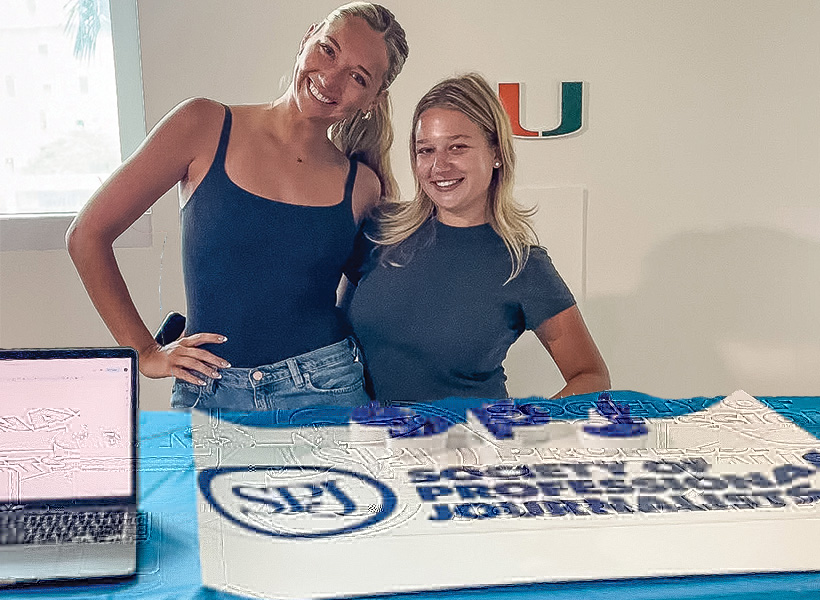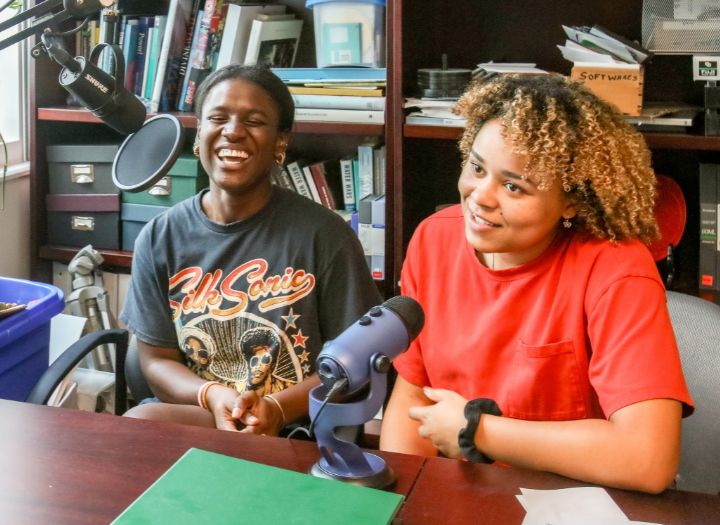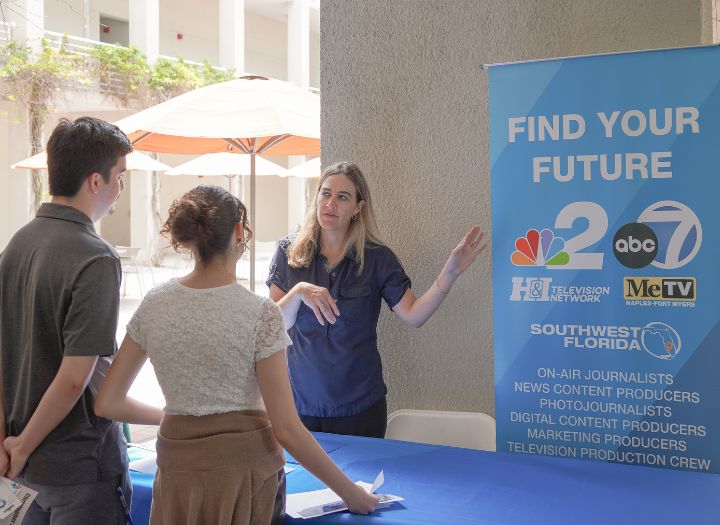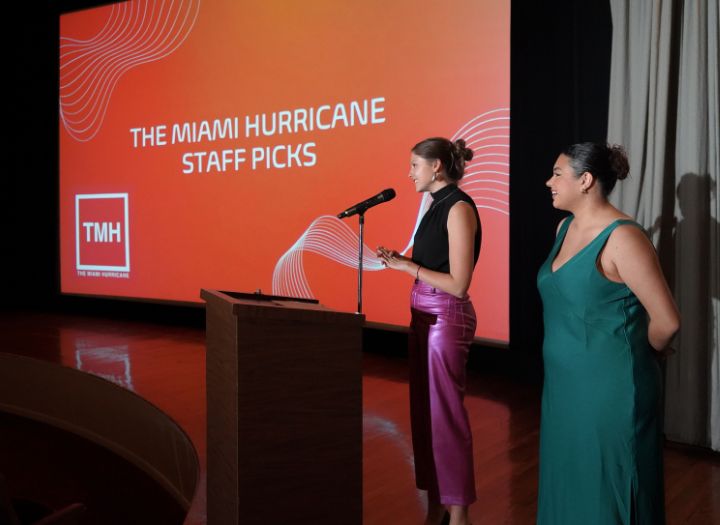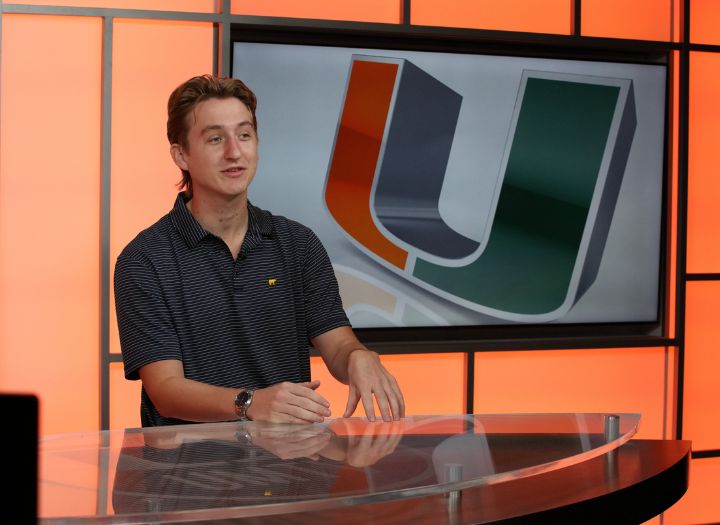
Recognized by BEA as a Top Media Institution in the country in 2025.
Pursue a track that aligns best with your post-graduation plans and career goals.
Both a major and a minor are offered in Journalism.
Tell a Story. Change the World.
The Journalism, B.S.C. program equips students with the skills to excel in print and digital media. Majors engage in hands-on practice, mastering information gathering, fact verification, deadline writing, and ethical decision-making, preparing them for diverse journalism careers.
Explore some of the featured courses:
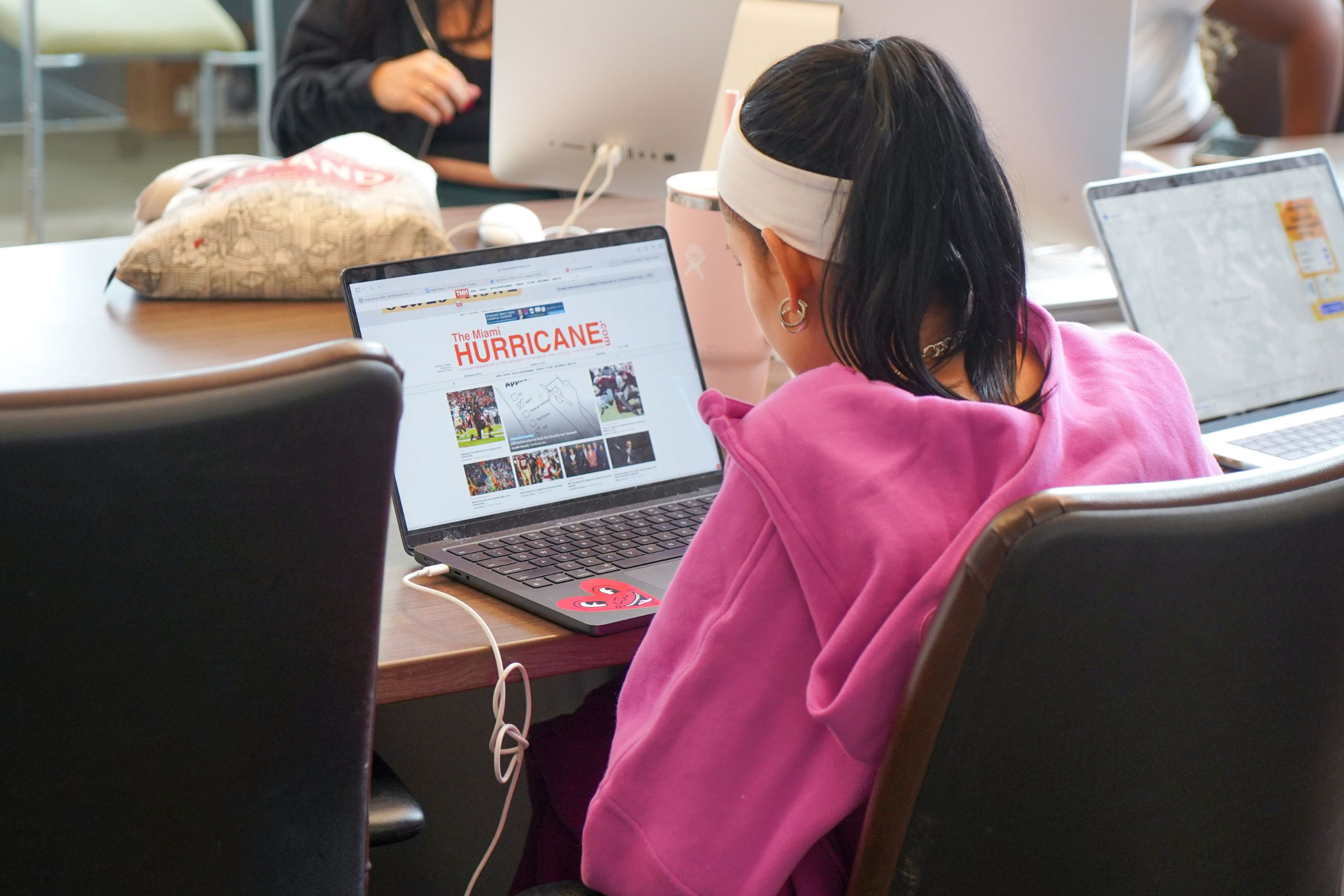
Dr. Sallie Hughes
Department Chair
shughes@miami.edu | (305) 284-9497
4 Tracks Available
Reporting and Writing
Visual and Documentary
Sports, Travel and Lifestyle Features
Media and Journalism Studies
Related Minors
Broadcast Journalism
Electronic Media
Hispanic Media
Media Management
See all minors
Immerse yourself in the world of storytelling in print and online through the lens of passionate students. The Miami Hurricane serves as the voice of the U, capturing the essence of student experiences, triumphs, and challenges.
Sports Reporting with Professor Kaufman
This unique sports journalism course gives students the rare opportunity to not just attend Inter Miami CF, Miami Heat, and Miami Marlins games, but to be in the media room with professional reporters. The course is taught by Miami Herald sportswriter Michelle Kaufman.


